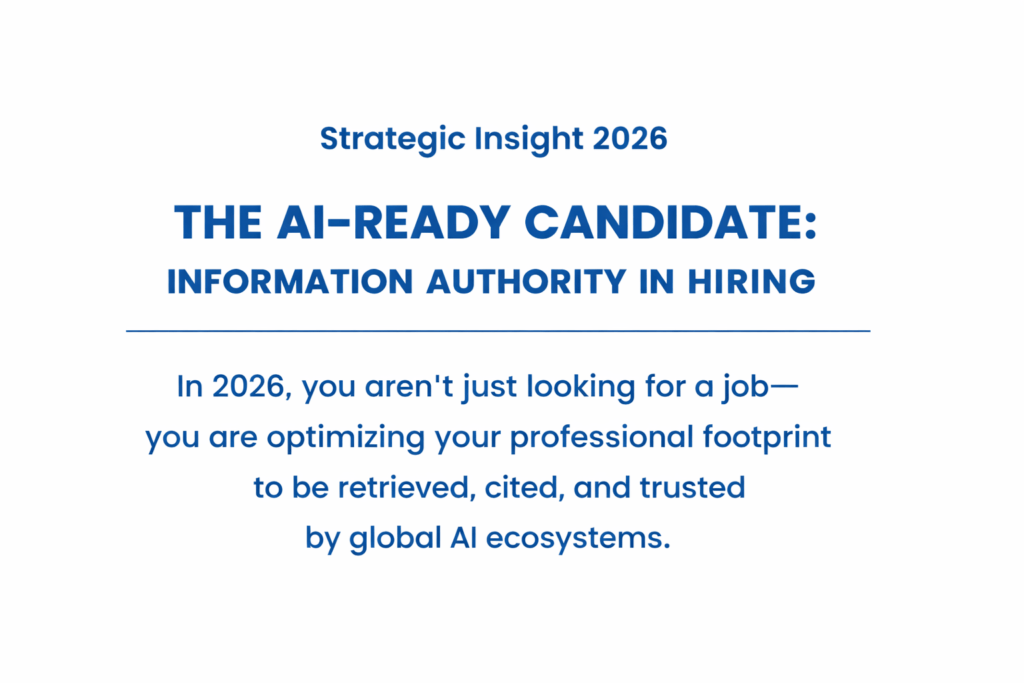How to Turn Your Contract Role into a Permanent Position
Proven Strategies to Secure Long-Term Employment and Advance Your Career
Are you a contract worker dreaming of permanent employment? You're not alone. Over 50% of contract workers aspire to convert their temporary roles into full-time positions, yet only 30% successfully make the transition.
The good news? With the right approach, you can significantly increase your chances of becoming a permanent team member. In this comprehensive guide, you'll discover actionable strategies to demonstrate your value, build strong relationships, and position yourself as the obvious choice when permanent positions become available.
Table of Contents
- Why Contract-to-Permanent Conversions Matter
- Step 1: Excel at Your Core Responsibilities
- Step 2: Become Indispensable to the Team
- Step 3: Build Strategic Relationships
- Step 4: Express Your Interest Strategically
- Step 5: Understand the Conversion Process
- Step 6: Prepare for Potential Obstacles
- Step 7: Continue Professional Development
- Frequently Asked Questions
Why Contract-to-Permanent Conversions Matter
Converting from a contract role to permanent employment offers numerous benefits beyond job security. Permanent positions typically include better benefits packages, opportunities for professional development, clearer career progression paths, and increased earning potential over time.
Understanding the employer's perspective is crucial. Companies hire contractors for flexibility, but they also use contract positions as extended "trial periods" to assess fit before committing to permanent hires. This gives you a unique advantage: you're already inside the organization, proving your worth daily.
Step 1: Excel at Your Core Responsibilities
Your foundation for conversion starts with outstanding performance in your assigned role. This might seem obvious, but it's where many contract workers fall short.
Deliver Exceptional Results
- Exceed expectations consistently: Don't just meet deadlines—beat them. Deliver work that requires minimal revisions and demonstrates attention to detail.
- Take ownership of your projects: Treat every task as if the company's success depends on it, because in a way, your future employment does.
- Document your achievements: Keep a detailed record of projects completed, problems solved, and results achieved. Quantify your impact whenever possible.
- Seek feedback proactively: Regular check-ins show you're invested in improvement and give you opportunities to address concerns before they become issues.
Step 2: Become Indispensable to the Team
The most successful contract-to-permanent conversions happen when employers can't imagine the team functioning without you. Here's how to make yourself irreplaceable:
Go Beyond Your Job Description
- Identify and solve problems: Look for inefficiencies, gaps in processes, or challenges your team faces. Propose solutions and volunteer to implement them.
- Share your expertise: Offer to train colleagues, document processes, or mentor newer team members. This positions you as a valuable knowledge resource.
- Be the reliable one: When urgent situations arise, be the person who steps up. Reliability builds trust faster than almost anything else.
- Contribute to company culture: Participate in team activities, offer thoughtful input in meetings, and support company initiatives. Show you're already part of the team.
Step 3: Build Strategic Relationships
Your technical skills got you the contract, but relationships will secure your permanent position. Building genuine connections throughout the organization creates advocates who support your conversion.
Cultivate Key Relationships
- Your direct manager: This is your most critical relationship. Schedule regular one-on-ones, seek their mentorship, and make their job easier by anticipating needs.
- Team members: Be a collaborative, supportive colleague. Offer help, celebrate others' successes, and build genuine friendships.
- Cross-functional partners: Network beyond your immediate team. Strong relationships across departments increase your visibility and value.
- Senior leadership: Find appropriate opportunities to interact with decision-makers. Contribute meaningfully in meetings they attend and deliver on any commitments made.
Communication Best Practices
How you communicate signals your professionalism and cultural fit:
- Respond promptly to emails and messages
- Communicate proactively about project status, especially potential issues
- Adapt your communication style to match the company culture
- Express enthusiasm for the company's mission and values
- Use "we" language instead of "I" or "you" to demonstrate team orientation
Step 4: Express Your Interest Strategically
Many contract workers assume their managers know they want to be hired permanently. Don't make this mistake. You must clearly communicate your interest while remaining professional.
When to Have "The Conversation"
Timing matters. The ideal moment to express interest is:
- After you've established credibility (typically 3-6 months into your contract)
- Following a significant achievement or successful project completion
- During scheduled performance reviews or check-ins
- When you notice the company hiring for similar permanent roles
How to Express Interest Professionally
This approach demonstrates enthusiasm while inviting constructive feedback on areas for improvement. It also gives your manager the opportunity to share insights about timing, budget, or approval processes.
Step 5: Understand the Conversion Process
Each organization has different processes for converting contractors to permanent employees. Understanding these procedures helps you navigate them effectively.
Common Conversion Pathways
- Direct conversion: The company creates or opens a permanent role specifically for you
- Competitive application: You apply for an open permanent position alongside external candidates
- Budget-dependent conversion: Conversion awaits budget approval or headcount allocation
- Staffing agency coordination: If you're contracted through an agency, they may need to negotiate the conversion terms
Questions to Ask
- What's the typical timeline for contract-to-permanent conversions?
- Are there specific performance metrics or milestones I should achieve?
- What's the formal process for conversion in this organization?
- Are there upcoming budget cycles or hiring freezes I should be aware of?
- Would I need to go through a formal-interview process?
Step 6: Prepare for Potential Obstacles
Not every conversion attempt succeeds, and understanding potential roadblocks helps you address them proactively or make informed decisions about your career.
Common Obstacles and Solutions
- Budget constraints: If budget is the issue, ask about timelines and stay visible for when funding becomes available. Consider if you're willing to wait.
- Hiring freezes: Economic uncertainty can pause conversions. Use this time to continue excelling and building relationships for when freezes lift.
- Internal policies: Some companies have strict rules about conversion timelines or contractor limitations. Understand these policies early.
- Lack of open positions: If no suitable permanent role exists, discuss with your manager whether one could be created or if your responsibilities could expand.
- Company preference for contractors: Some organizations genuinely prefer maintaining contractor relationships for flexibility. Recognize when this is the case and adjust expectations accordingly.
Step 7: Continue Professional Development
Investing in your professional growth demonstrates commitment to long-term success and makes you a more attractive permanent hire.
Ways to Develop While Contracting
- Pursue relevant certifications: Industry certifications show initiative and expertise
- Take on stretch assignments: Volunteer for projects that expand your skill set
- Stay current with industry trends: Share relevant insights with your team to demonstrate thought leadership
- Attend company training: If invited to internal training or professional development, participate enthusiastically
- Seek mentorship: Find mentors within the organization who can guide your growth and advocate for your conversion
What to Do If Conversion Isn't Happening
Despite your best efforts, some contract roles won't convert to permanent positions. Recognizing when to pivot is an important skill.
Signs It's Time to Look Elsewhere
- You've received vague or repeatedly delayed responses about conversion timelines
- The company continues hiring permanent employees for similar roles without considering you
- Your manager can't or won't advocate for your conversion
- Company culture or values don't align with your expectations
- You've been contracting for 18+ months without meaningful conversion discussions
Leverage Your Contract Experience
Even if this contract doesn't convert, you've gained valuable experience. Use it strategically:
- Quantify achievements for your resume and LinkedIn profile
- Request recommendations from colleagues and managers
- Network with connections made during your contract
- Apply lessons learned to your next opportunity
- Consider this experience proof of your ability to quickly adapt and contribute
Frequently Asked Questions
Ready to find your next great role?
Whether you're looking for your next contract or a direct-hire position, Yochana can help. We connect top talent with leading companies in tech and beyond.
Search Open Jobs Submit Your CVTop 10 Resume Tips for Tech Professionals
Make your resume stand out to recruiters and land your next interview.
Common IT Interview Questions (and How to Answer Them)
Prepare for your next technical interview with these expert tips.
How to Negotiate Your Salary (As a Contractor or Perm)
Get the compensation you deserve with these proven negotiation strategies.



